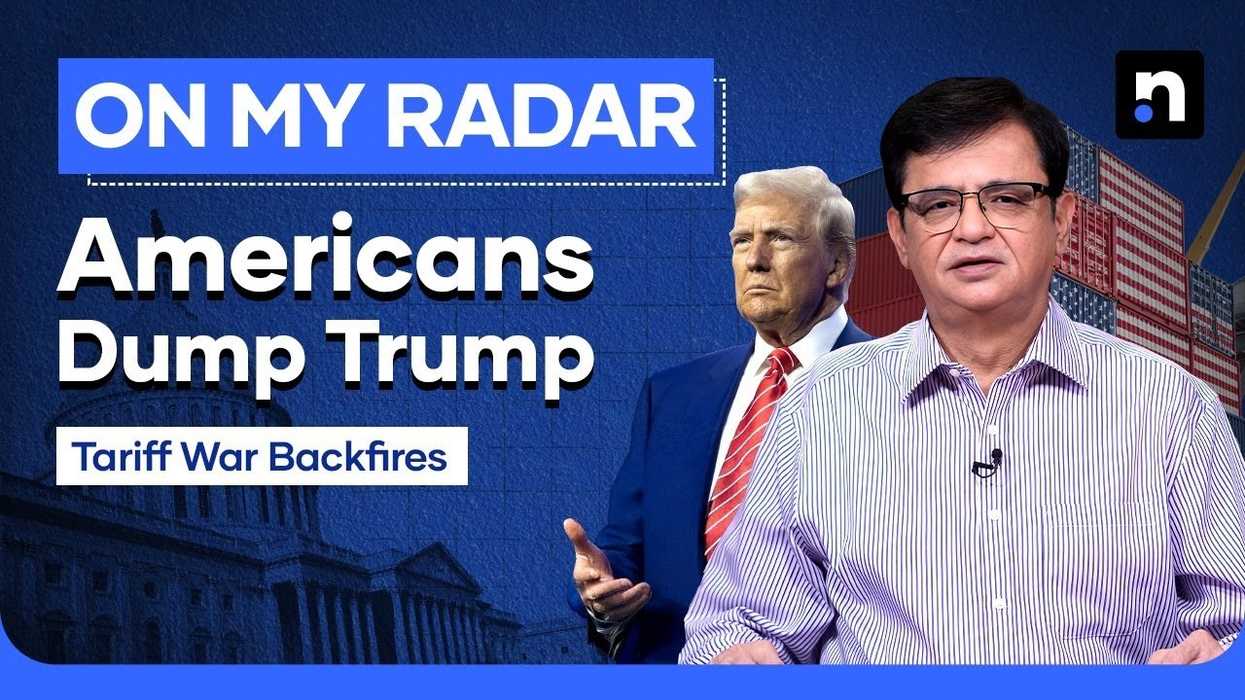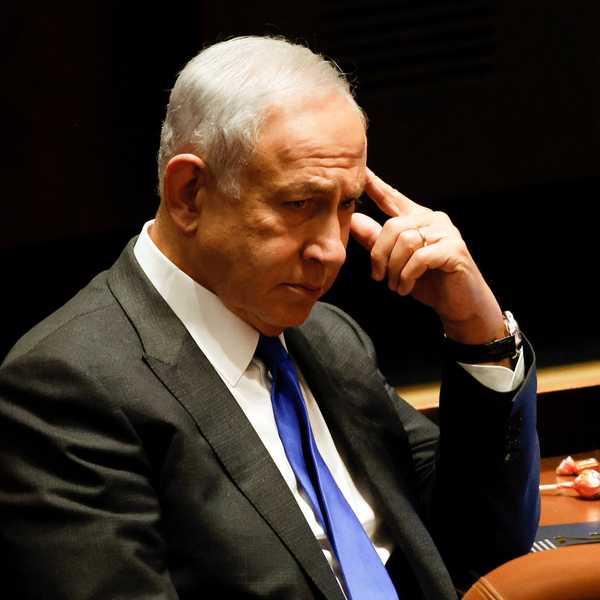Trump faces mounting backlash as tariff fallout triggers economic alarm
Kamran Khan says Trump's tariff gamble has backfired, fueling calls for impeachment
News Desk
The News Desk provides timely and factual coverage of national and international events, with an emphasis on accuracy and clarity.
Americans who voted Donald Trump back into office just five months ago are now turning against him in growing numbers.
“Trump’s tariff adventure has backfired,” said Kamran Khan. “Not only has it caused inflation and confusion in markets, but it has also pushed the Republican government toward survival mode.”
Recent polls conducted by CBS News and YouGov from April 8 to 11 show that Trump’s economic policies are facing fierce resistance. The surveys reveal that 75 percent of Americans believe his new tariffs will worsen inflation. Fifty-eight percent rejected additional tariffs outright.
“This is no longer a partisan issue,” Khan said. “The same Americans who stunned the world by re-electing Trump are now expressing regret.”
The president’s approval ratings are in free fall. In February, Trump had a net positive approval rating of plus 6. By April, that number had plunged to minus 6, according to the surveys.
Fifty-six percent of respondents disapproved of the administration’s overall performance and financial management. Confidence in Trump’s ability to control inflation has also collapsed, with 60 percent expressing doubt.
“These are the worst polling numbers of Trump’s term so far,” CNN data expert Harry Enten said while analyzing the CBS-YouGov data. “Fifty-three percent of Americans now believe the economy is going from bad to worse—and they blame Trump, not Biden.”
According to the Peterson Institute, the base tariffs will cost the average American household at least $2,600 annually. Yale’s Budget Lab projects the cost could rise to $3,800.
The U.S. Tax Foundation forecasts a 1 percent drop in GDP this year due to the trade war.
Despite Trump’s recent move to exempt $390 billion worth of imports—such as mobile phones and electronics—from tariffs and to suspend other hikes for 90 days, the damage appears to be done.
“Policy uncertainty is creating market chaos,” Khan reported, citing a Newsweek analysis.
International media also point to a spike in stockpiling trends across the U.S. Amid rising prices, consumers are hoarding essentials like coffee, olive oil, soap and canned goods. Department stores are struggling to keep shelves stocked.
Estimates suggest European car prices could rise by $5,000 to $15,000, with luxury models jumping as much as $20,000. If tariffs on Chinese phones go into effect, the price of the iPhone 16 Pro Max could rise from $1,199 to $2,150.
Textile prices are expected to jump 17 percent, and a 10 percent tariff on Canadian oil could raise gas prices by 50 cents per gallon. A 21 percent tariff on Mexican fruits and vegetables is likely to hit low-income Americans hardest.
Democrats now see Trump as a vulnerable target in the 2026 midterm elections. Last week, four Republican senators sided with Democrats to support a resolution blocking tariffs on Canadian goods.
“Trump’s impeachment is no longer off the table,” Khan said, quoting a Wall Street Journal column predicting a sharp rise in impeachment prospects if economic conditions do not improve.
“Restoring America’s global image may now depend on it,” he added.








Comments
See what people are discussing